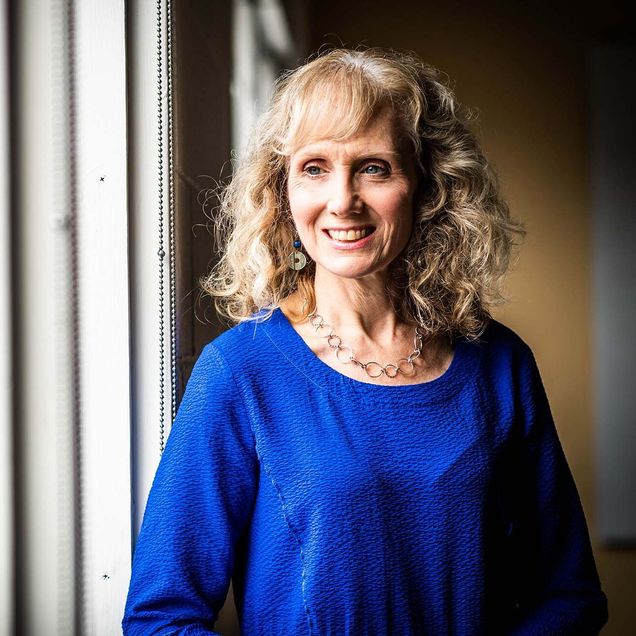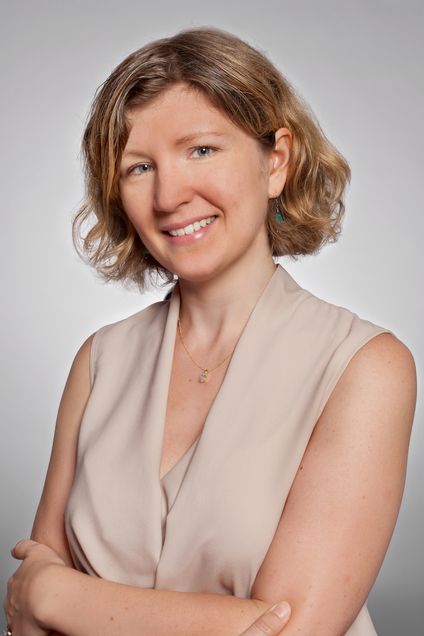2025 Gitner Family Lecture
Friday, September 26, 2025
CDS 1750, 3:00 – 4:30PM
Speaker: Deborah Carr, Boston University Arts & Sciences Distinguished Professor of Sociology

The global population is older than ever before, and old age can mean the “best of times” or the “worst of times” — with some enjoying health, wealth and happiness, and others suffering from sickness, poverty, and loneliness. So how can societies ensure that all people have an opportunity to age well?
This talk will show how social, economic, and even environmental factors shape the physical, emotional, social, and financial health of older adults. It will highlight how individuals and their families, as well as policy makers and practitioners, can uphold the dignity and security of adults in their 70s, 80s, and beyond.
This lecture is one of many events happening during Alumni Weekend (September 25-28, 2025). Learn more and register here.
View Livestream Here:
Livestream will begin on Friday, September 26, 2025 at 3:00PM.
About the Gitner Family Lecture
The annual Gerald and Deanne Gitner Family College of Arts & Sciences Lecture is designed to highlight thought leaders in any field, whose teaching, research, or service address topics of major importance for the broad interest and benefit of the BU community. The lecture is held annually in the fall, usually in conjunction with Alumni Weekend.
Gerald Gitner (CAS ’66) graduated with a B.A. in History, cum laude, and was elected to Phi Alpha Theta, the national history honor society. Additionally, he has an MBA from the Simon School of Business at the University of Rochester, where he is a member of the Simon Advisory Board. He is a Trustee Emeritus of Boston University (serving as Trustee 1984-1996) and a current member of the CAS Dean’s Advisory Board and the Pardee School for Global Studies Dean’s Advisory Board. Gitner is a principal of Cross Continent Capital LLC, an investment company he co-founded. He serves as Chairman of Global Aero Holdings Ltd. and D. G. Associates, Inc., and has a long and varied career as an executive, including serving as Chairman and CEO Of Trans World Airlines, Inc. and Vice Chairman of Pan American World Airways. This lecture series was established by Gitner and his wife, Deanne. Gitner and his family have long been generous and engaged members of the Boston University community.



